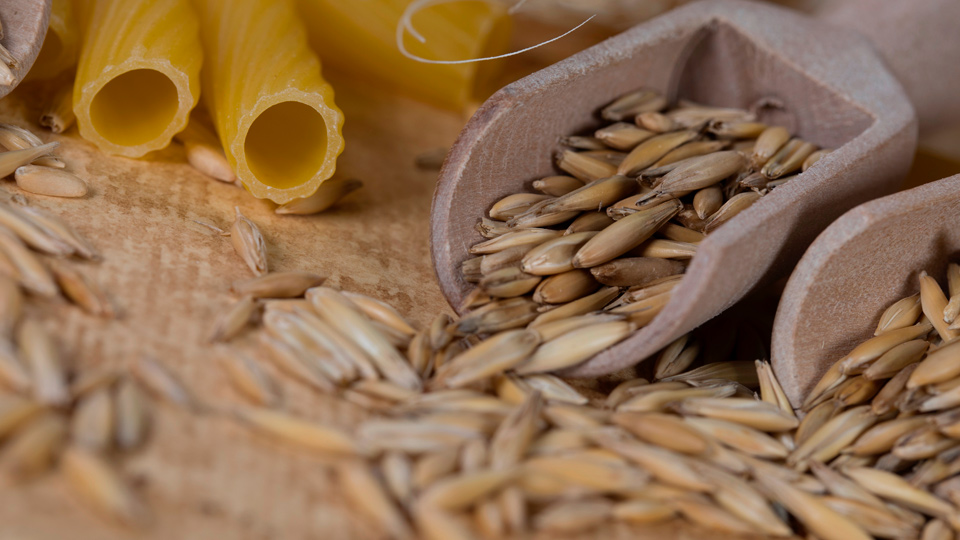Benefits of strength training
22/04/2025

16/01/2025
Coeliac disease is a chronic, systemic autoimmune condition characterised by inflammation of the intestinal lining. In genetically predisposed individuals, gluten consumption triggers an abnormal immune response that damages the small intestine. However, its effects are not confined to the digestive system, as it can impact various organs and systems in the body, including the eyes. Several studies have suggested a potential link between coeliac disease and certain ocular conditions, primarily due to inflammatory mechanisms and nutritional deficiencies.
One key factor connecting coeliac disease with eye disorders is the malabsorption of essential nutrients such as vitamin A, which is critical for visual health. A deficiency in vitamin A can lead to issues such as xerophthalmia (severe dry eye) and difficulty adapting to darkness, known as night blindness. These deficiencies are possible in undiagnosed coeliac patients or those who do not adhere strictly to a gluten-free diet, due to intestinal damage that hinders proper nutrient absorption.
Coeliac disease is also associated with an increased risk of developing other autoimmune conditions, some of which may affect the eyes. For instance, uveitis, an inflammation of the middle layer of the eye, has been reported more frequently in individuals with coeliac disease. This suggests that the abnormal activation of the immune system in these patients could contribute to the development of inflammatory ocular conditions.
Another related ocular condition is keratoconjunctivitis, or dry eye syndrome, which involves reduced tear production or alterations in tear composition. This syndrome is more common in individuals with autoimmune diseases and may be linked in coeliac patients to the chronic systemic inflammation accompanying the disease. Coeliac patients may also experience optic neuropathy, a rarer condition affecting the optic nerve that can lead to vision loss, potentially due to inflammatory processes and vitamin deficiencies.
Early detection and appropriate management of coeliac disease are essential not only to prevent intestinal complications but also to mitigate its impact on visual health. Strict adherence to a gluten-free diet improves nutrient absorption and reduces systemic inflammation, thereby lowering the risk of ocular conditions. Regular ophthalmological check-ups are crucial for coeliac patients, particularly if they have visual symptoms or are at risk of nutritional deficiencies.
Dr Ramón Rey, internist at the Barraquer Ophthalmology Centre
El ojo seco es una patología crónica que consiste en la escasez de la cantidad de lágrima y/o en el deterioro de la calidad de la misma produciendo una inflamación de la superficie del ojo. Las lágrimas son esenciales para mantener la superficie del ojo lubricada, proporcionarle nutrientes y protegerlo contra infecciones. En este capítulo hablamos con el doctor Rubén Delgado sobre algunas cuestiones básicas sobre el ojo seco y los tratamientos que ofrecemos en Barraquer.